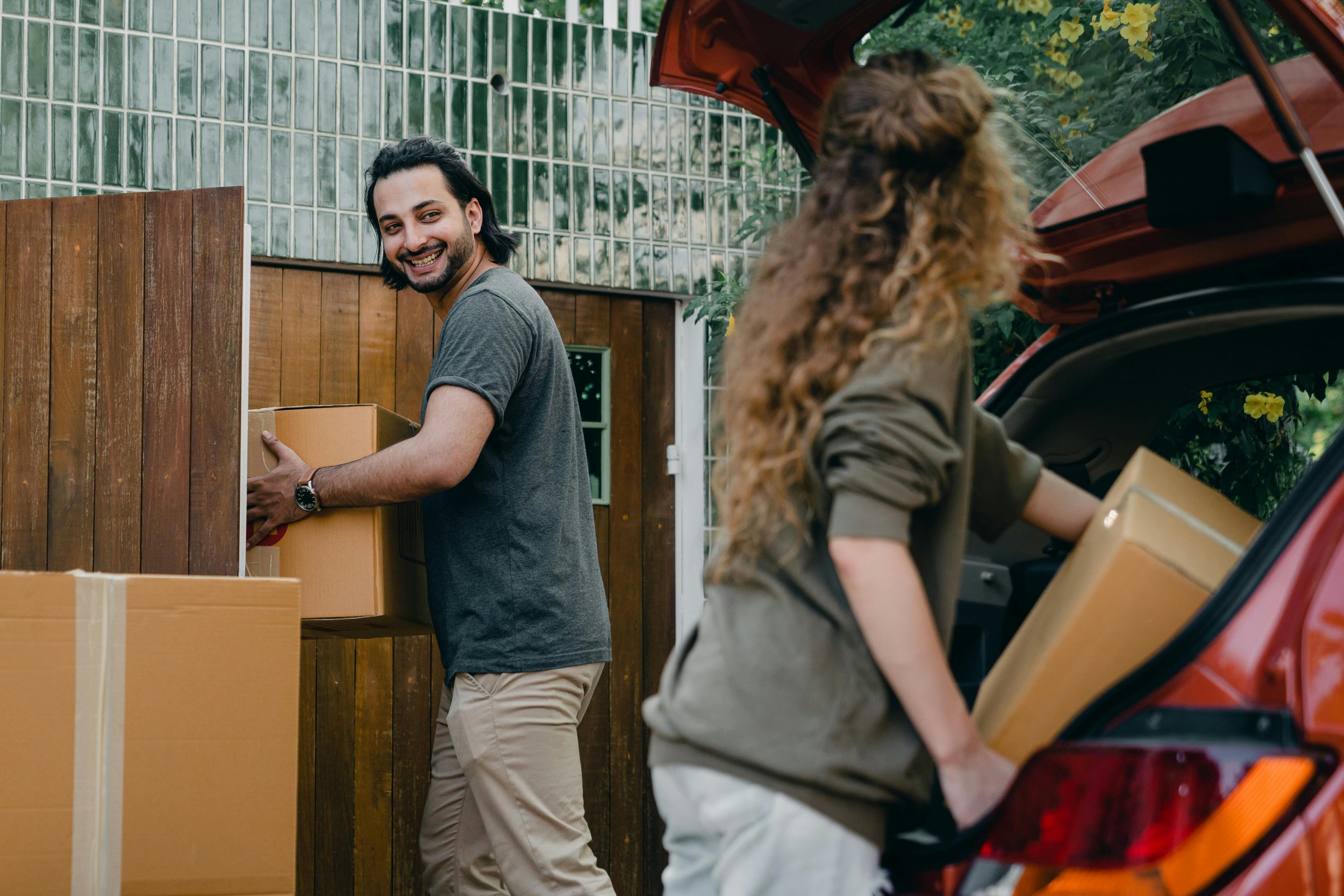Moving to another presents a lot of educational opportunities. Learning a new language and experiencing new cultures is a fantastic way to learn about the world as well as yourself. There are challenges that every expat faces, however. Overcoming culture shock is the primary one.
Culture shock is a multi-stage process that expats experience when they move to a new country. Culture shock manifests in various ways. Emotionally, you might experience mood swings, homesickness, or even depression. It’s important to tackle culture shock before it gets to that point. In this article, we will go over several strategies to help you deal with the culture shock you are bound to feel as soon as you exit the airport.
1 – Preparing for the move
Getting ready to move abroad involves more than just getting global health insurance, visas, and a place to stay. To make your move easier and help with culture shock, you need to do some extra work.
Start by learning about the country’s culture, language, and customs. This will help you understand how things work there and fit in better. Also, make sure you know the local laws so you don’t run into any legal problems.
Building a support network is very helpful. Connect with expat communities online to get tips and advice from people who have already moved. Making friends with locals and other expats can help you feel more at home and give you practical advice on living in your new country.
Practical preparations are important too. Get all your legal documents ready and find a good place to live. Make sure your money matters are sorted out, and set up banking services in your new country.
2 – Cultural immersion
Getting involved in the local culture is a great way to deal with culture shock. Start by joining in local traditions and customs. Go to festivals, ceremonies, or community events. These activities help you understand and connect with the people around you.
Trying local food is another fun way to immerse yourself. Taste traditional dishes, visit local markets, and eat at nearby restaurants. Food is a big part of any culture, and enjoying local flavors helps you learn more about the people.
Take part in cultural events like music, dance, art, or sports. These events show you how people live and have fun. Joining in can help you make new friends and feel more at home.
3 – Learn the language
Learning the local language is very important when you move to a new country. It helps you talk to people, understand the culture, and handle daily tasks more easily. Speaking the local language can also help you feel more connected to your new community and less isolated. It makes things like shopping and socializing much easier, improving your overall experience.
To learn a new language well, start early. Begin learning before you move. Even a little knowledge can make a big difference. Practice every day to remember new words and phrases. Consistent practice will help you improve over time.
Practicing with locals is another great way to improve your language skills. Talk to native speakers and don’t worry about making mistakes; it’s part of learning. Watching local TV shows, movies, and listening to the radio can also help you learn common expressions and improve your listening skills.
4 – Build a support system
Having a good support system is very important when you move to a new country. Connecting with other expats can help you feel less alone and more understood. Joining expat groups and social clubs is a great way to meet people who are also new to the country. These groups often have events and activities that make it easier to make friends and share your experiences.
Making friends with locals is also very important. Local friends can help you learn about the culture and feel more at home. You can meet locals by joining community activities, clubs, or going to social events. Being open and friendly will help you make connections. Having friends from different backgrounds gives you a richer experience and new ways to see your new home.
5 – Stay connected with home
Keeping in touch with family and friends back home is very important. Regular communication helps you feel close and stay updated on each other’s lives. Use technology like video calls, social media, and messaging apps to keep these relationships strong. These tools make it easier to share your experiences and stay connected even when you are far away.
Balancing your home and host cultures is also key. Bringing familiar habits into your daily life can make you feel more at ease. This could mean cooking traditional meals, sticking to routines from home, or watching shows from your country. Celebrating holidays and traditions from back home can also help you feel connected to your roots.
